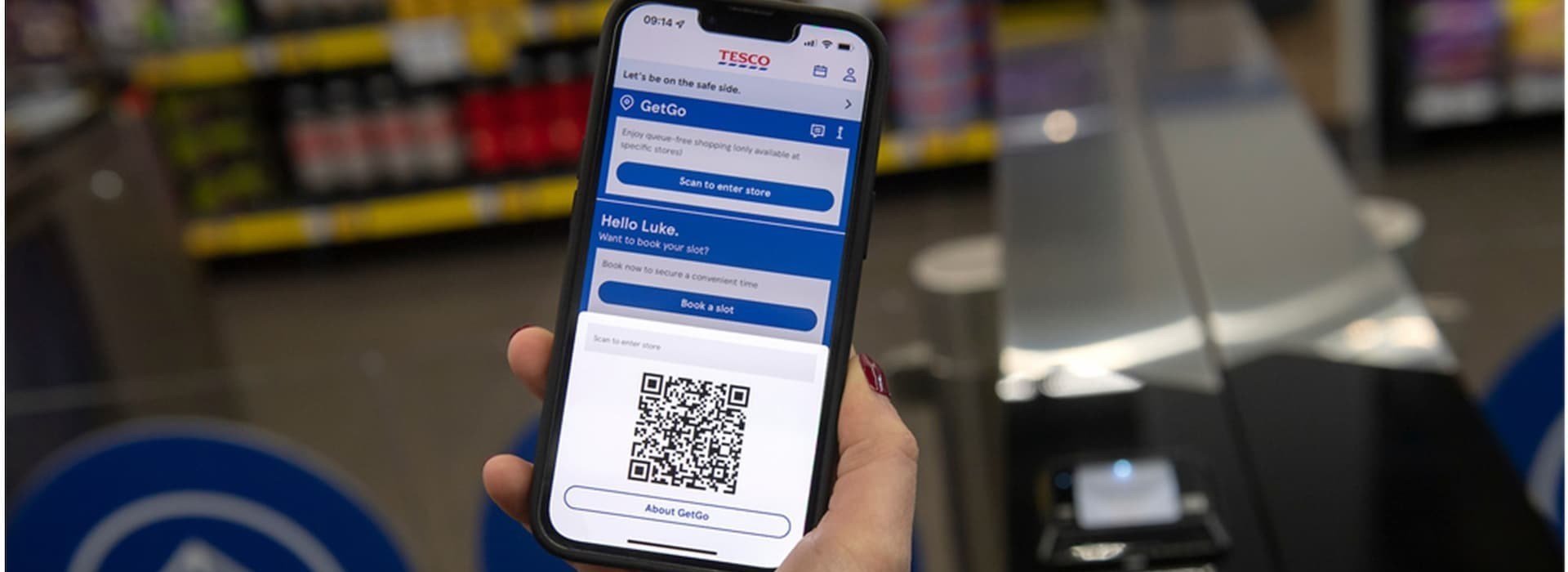Retailers are facing a reputational re-rating by shoppers; they can’t mess it up
By Nick Cockett, Chief Operating Officer, Cennox
Customers were once almost tribal in their loyalty to retailers. This has been steadily eroding in recent years thanks in no small part to the rise of technological advancements that have put product information – and thereby greater choice – in the hands of consumers.
With choice comes a more empowered customer with less attachment to specific brands. This, naturally, causes a problem, particularly with the billions that have been spent on loyalty programmes, data analytics tools or by that age old tactic of dropping prices.
When great swathes of the retail industry were forced to shut down at the height of the Covid-19 pandemic, it essentially hit the reset button for their reputation. As shoppers emerged bleary eyed (and masked up) in mid-June, their priorities had shifted considerably.
To demonstrate this, 67% of shoppers admitted their loyalty to their favourite retailers would be impacted by the measures they put in place to deal with Covid-19. This shows us that safety measures are hugely important in deciding where people shop. This should provide laser focus for retailers in terms of what to prioritise for the foreseeable future.
Furthermore, 53% said the safety measures put in place by supermarkets and retail stores have been inadequate or poorly managed. Simply put, retailers cannot afford to mess this up. The coronavirus has changed the game. What were once predictable patterns backed by years of data have now been replaced by an overwhelming desire to feel protected.
The measures retailers put in place are wide ranging, from social distancing measures to deep cleans throughout the store, on baskets, trolleys and payment terminals. Take the Point of Sale as an example. All shoppers will eventually pass through the checkout, with an often-high volume of people using a single payment terminal within a short period of time.
“When great swathes of the retail industry were forced to shut down at the height of the pandemic, it essentially hit the reset button for their reputation. As shoppers emerged bleary eyed (and masked up) in mid-June, their priorities had shifted considerably”
This has understandably caused anxiety. Just 38% of shoppers trust checkout staff to correctly disinfect payment terminals after every use, with 53% believing the responsibility to clean them should be taken away from shop assistants and passed to trusted technology solutions.
Our research suggests that consumers are abandoning their traditional heartlands and shifting to retailers who meet that most basic of need; the desire to feel safe.
Shop workers, particularly those in supermarkets who have gone to work throughout the pandemic, are without doubt one of the heroes of this year, but they simply will not be able to conduct the kind of deep clean required to truly rid a store of Covid-19.
The government has championed a ‘Shop With Confidence’ message in order to kickstart the economy, with the retail industry seeing the green shoots of recovery, yet there remains a valid fear that any further alteration to the in-store experience would force shoppers back online. When it comes to tech solutions to solve the safety issue, those fears appear unfounded.
Technology such as Ultraviolet-C (UVC) light, for example, which has been around for decades, is seeing a huge upsurge in demand due to its ability to rid traces of coronavirus. This practical application is one of many ways in which technology is keeping people safe in-store.
The overwhelming majority (89%) of shoppers said they would accept a delay of up to 30 seconds between each transaction at payment terminals if it meant a thorough clean.
Evidence shows that retailers adopting tech solutions to neutralise the threat of Covid-19 will be best placed to benefit from the reputational re-think that is currently taking place. In the battle for customer loyalty, it could prove the difference between victory and defeat.










